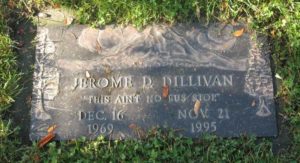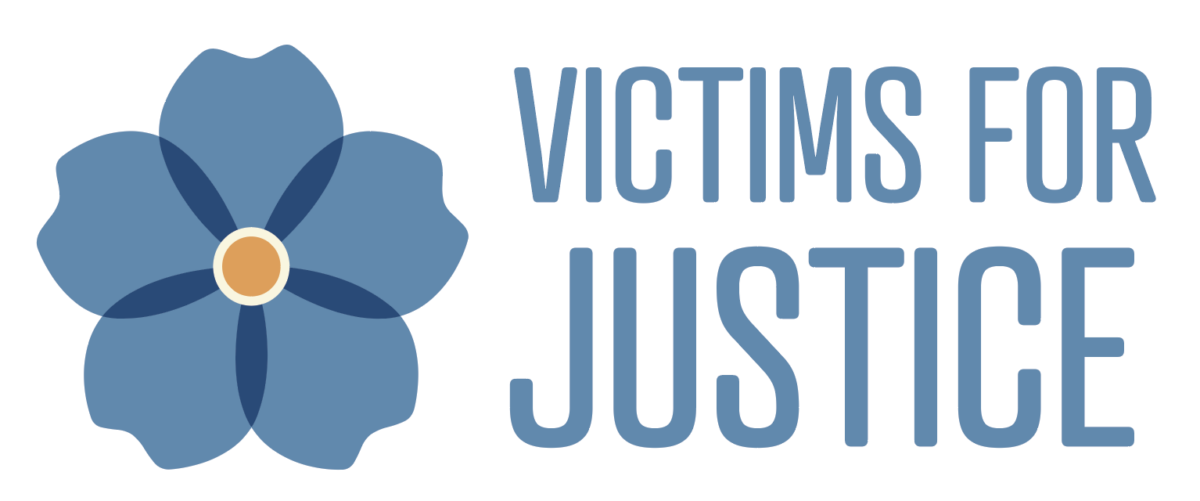Cheyenne Peterson was 14 when she lost her brother to homicide. Jerry Dillivan’s shirtless body was found in 1995 behind a gas station in the Muldoon neighborhood of Anchorage. The twenty-five year-old had been beaten to death, according to authorities.
“Right after we learned of my brother’s homicide, Janice with Victims for Justice contacted us,” Peterson said.
Janice Lienhart and her sister Sharon Nahorney founded Victims for Justice in 1985 after their parents and aunt were brutally murdered in Anchorage. The victims’ rights movement was in its infancy at the time but the sisters fought to create an organization that would support people whose lives were impacted by violent crime.
Janice invited Peterson and her family to attend a homicide grief group so they could process their trauma and be among others who had suffered similar tragedies.
“It really brought a sense of peace,” said Peterson.

The family never forgot their lost relative though. They stayed in touch with Anchorage police detectives, held balloon ceremonies to remember their lost loved one, talked with the media, and received support from Victims for Justice advocates.
Still, it was hard not to feel discouraged.
“At 20 years we were like, ‘This isn’t going to get solved. This is over,’” Peterson recalled.
But then a breakthrough came in the case.
“We got a call from Det. Cordie and he said, ‘We’re going to make an arrest,’” she said.
In December 2017, police arrested Duwaine Price and Browne Willard III in Juneau after a grand jury indicted them for second-degree murder. A tipster who viewed surveillance photos taken inside a convenience store, released by Anchorage police in hopes of catching the killers, thought he recognized one of the suspects and contacted Crime Stoppers. That tip, combined with DNA evidence collected at the crime scene, tied the two men to Dillivan’s murder, according to police.
The case against the men is still working its way through the court system, and Victims for Justice remains involved, providing updates to Peterson and her family.
Michelle Evans, VFJ’s lead advocate, stays in touch.
“Just being with people is so important. Sometimes it’s providing court accompaniment, having someone sitting next to you in the courtroom and now, for the past year not being able to be in the courtroom, being on phone lines, or texting while they are listening to a court hearing,” Evans said.
Victim advocates like Evans also help translate legalese into plain English so that families can feel more empowered to follow the court process.
“When people have a violent crime happen to them, they get thrown into the criminal justice process and suddenly it’s like having to learn a new language in the middle of a very trying time. So just trying to explain what the different types of hearings are is important. What’s a discovery hearing? What’s a pretrial hearing? What’s an omnibus hearing? All that becomes really vital because people want to know where they are at as they move through the system,” Evans said.
Evans and her colleague, Phylicia Christian, serve more than 200 families every year. Victims for Justice is a statewide organization with clients located in communities from the North Slope to the Southeast panhandle. Since the pandemic started, Victims for Justice has seen its caseload rise by more than 20 percent. A search is underway to hire a third advocate.

Recent Comments